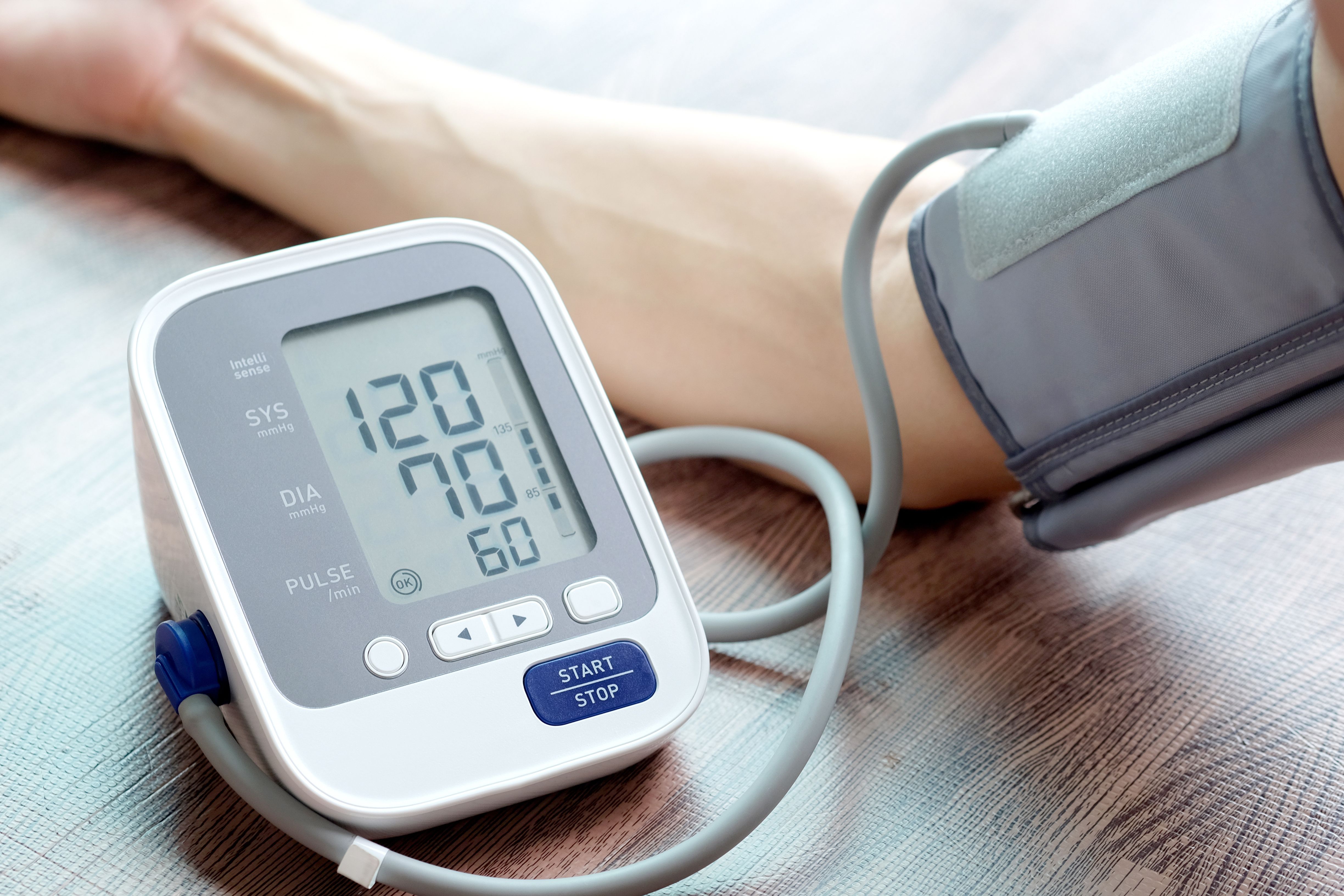- Center on Health Equity & Access
- Clinical
- Health Care Cost
- Health Care Delivery
- Insurance
- Policy
- Technology
- Value-Based Care
Remote Monitoring Program Cuts Heart Failure Readmissions in Half
UMass Memorial Health–Harrington Hospital reduced 30-day readmissions for congestive heart failure by 50% using artificial intelligence and remote care teams.
A remote monitoring program launched by UMass Memorial Health–Harrington led to a 50% reduction in 30-day readmissions for patients with congestive heart failure, according to a news release.1
The program utilizes Brook Health’s artificial intelligence (AI)–powered platform, combining AI with human care teams to monitor patients remotely, helping to reduce unnecessary hospitalizations and improve patient outcomes.
The program equips patients with internet-connected scales and blood pressure cuffs | Image credit: Photo Sesaon – stock.adobe.com

Through the program, patients are equipped with internet-connected scales and blood pressure cuffs, allowing them to track their weight and blood pressure from home. Data from these devices are automatically sent to the Brook Health app, where nurses monitor patient information in real time. The care teams are then able to intervene early, providing education, troubleshooting, and care coordination.
According to Oren Nissim, CEO and cofounder of Brook Health, this approach empowers care teams to provide more personal care for congestive heart failure while breaking through the location barrier.
“This forward-thinking approach demonstrates how technology and human expertise can combine to extend the reach of healthcare teams, ensuring patients receive timely, personalized care even when resources are stretched,” Nissim said. “The success at Harrington is a testament to what's possible when innovative healthcare leaders embrace new models of care delivery."
It’s important to note that no accompanying study was made available to verify the findings at the time of publication.
The remote monitoring program at UMass Memorial Health is part of a broader push to implement similar programs for other chronic conditions, including chronic obstructive pulmonary disease (COPD), diabetes, and hypertension. By enabling patients to track their health data from home, these programs aim to reduce hospitalizations and improve the long-term management of chronic diseases. This digital health initiative helps bridge the gap in health care access, particularly as health systems continue to face staffing shortages.
Remote patient monitoring has proven to be a powerful tool in managing chronic diseases. Preliminary research presented at the American Heart Association’s Hypertension Scientific Sessions 2024 showed that 74% of patients with resistant high blood pressure were able to gain control of their condition within 12 months by using a different Bluetooth-enabled monitoring system, combined with regular pharmacist interactions.2 The program significantly reduced hospitalizations and improved medication adherence by allowing health care providers to monitor patients’ blood pressure in real time and adjust treatment as needed.
Another study on remote monitoring for systolic heart failure found that integrating wearable cardioverter-defibrillators and virtual nurse consultations significantly improved patient outcomes.3 In the study, presented at the Heart Failure Society of America Annual Scientific Meeting, patients with newly-diagnosed systolic heart failure were able to receive regular care without frequent in-person visits, allowing for real-time monitoring and medication adjustments. After 12 weeks, many patients showed improvements in their systolic function, demonstrating the effectiveness of combining telemedicine with remote physiological monitoring, particularly for those in remote or underserved areas.
Collectively, these findings further underscore the growing role of remote monitoring in improving patient outcomes for chronic conditions. As health care systems continue to adopt these technologies, the integration of AI and real-time data monitoring could change the management of diseases like heart failure and hypertension.
References
- UMass Memorial Health - Harrington announces results of remote monitoring program for congestive heart failure using Brook Health's remote care platform. News release. Brook Health. October 8, 2024. Accessed October 10, 2024. https://www.prnewswire.com/news-releases/umass-memorial-health--harrington-announces-results-of-remote-monitoring-program-for-congestive-heart-failure-using-brook-healths-remote-care-platform-302269844.html
- Remote monitoring and pharmacist helped improve hard-to-control blood pressure. American Heart Association. September 5, 2024. Accessed October 10, 2024. https://newsroom.heart.org/news/remote-monitoring-and-pharmacist-helped-improve-hard-to-control-blood-pressure
- Grossi G. Research explores integration of remote monitoring for HF, heart transplant allocation impact. The American Journal of Managed Care®. October 9, 2024. Accessed October 10, 2024. https://www.ajmc.com/view/research-explores-integration-of-remote-monitoring-for-hf-heart-transplant-allocation-impact
What It Takes to Improve Guideline-Based Heart Failure Care With Ty J. Gluckman, MD
August 5th 2025Explore innovative strategies to enhance heart failure treatment through guideline-directed medical therapy, remote monitoring, and artificial intelligence–driven solutions for better patient outcomes.
Listen
Personalized Care Key as Tirzepatide Use Expands Rapidly
April 15th 2025Using commercial insurance claims data and the US launch of tirzepatide as their dividing point, John Ostrominski, MD, Harvard Medical School, and his team studied trends in the use of both glucose-lowering and weight-lowering medications, comparing outcomes between adults with and without type 2 diabetes.
Listen
